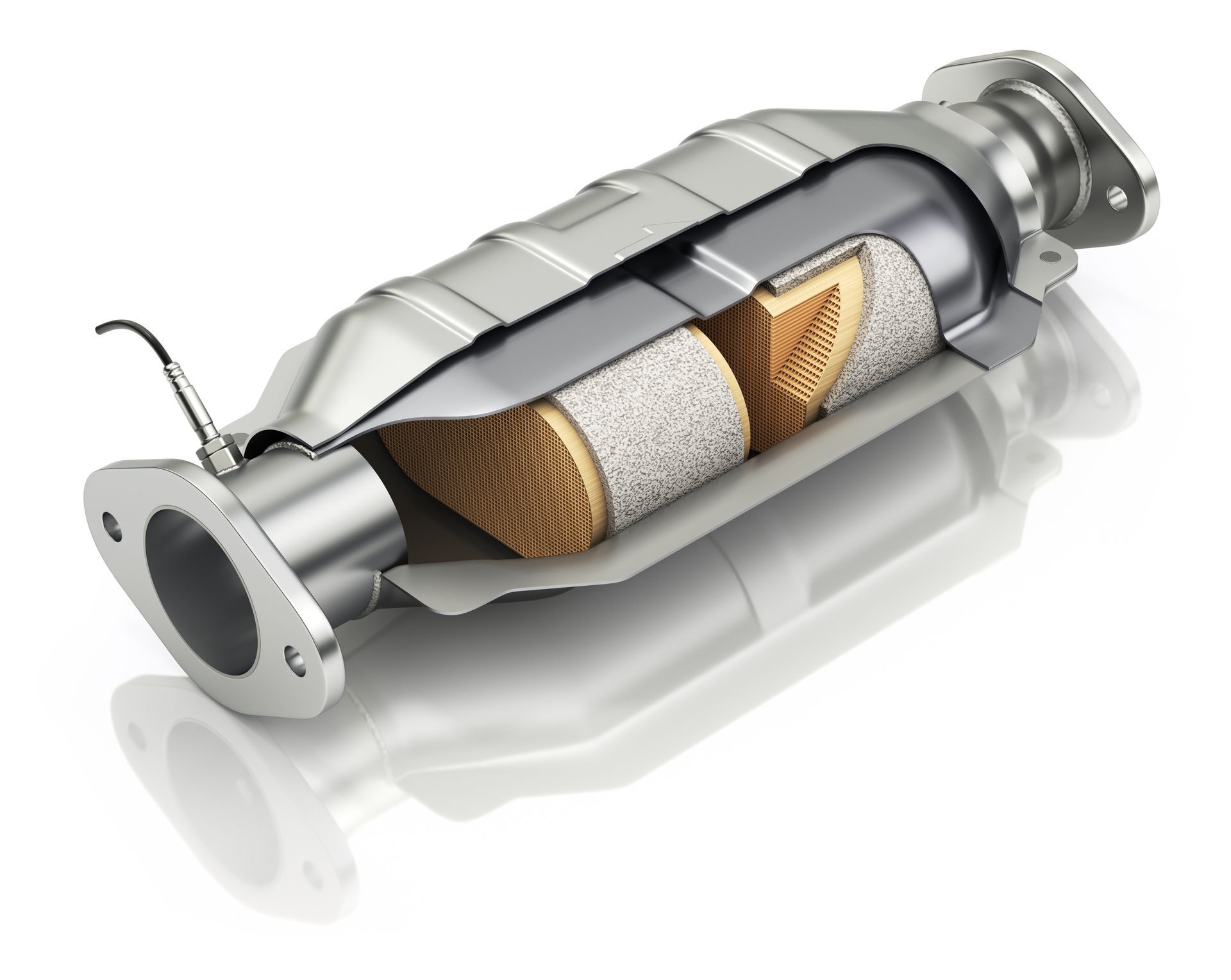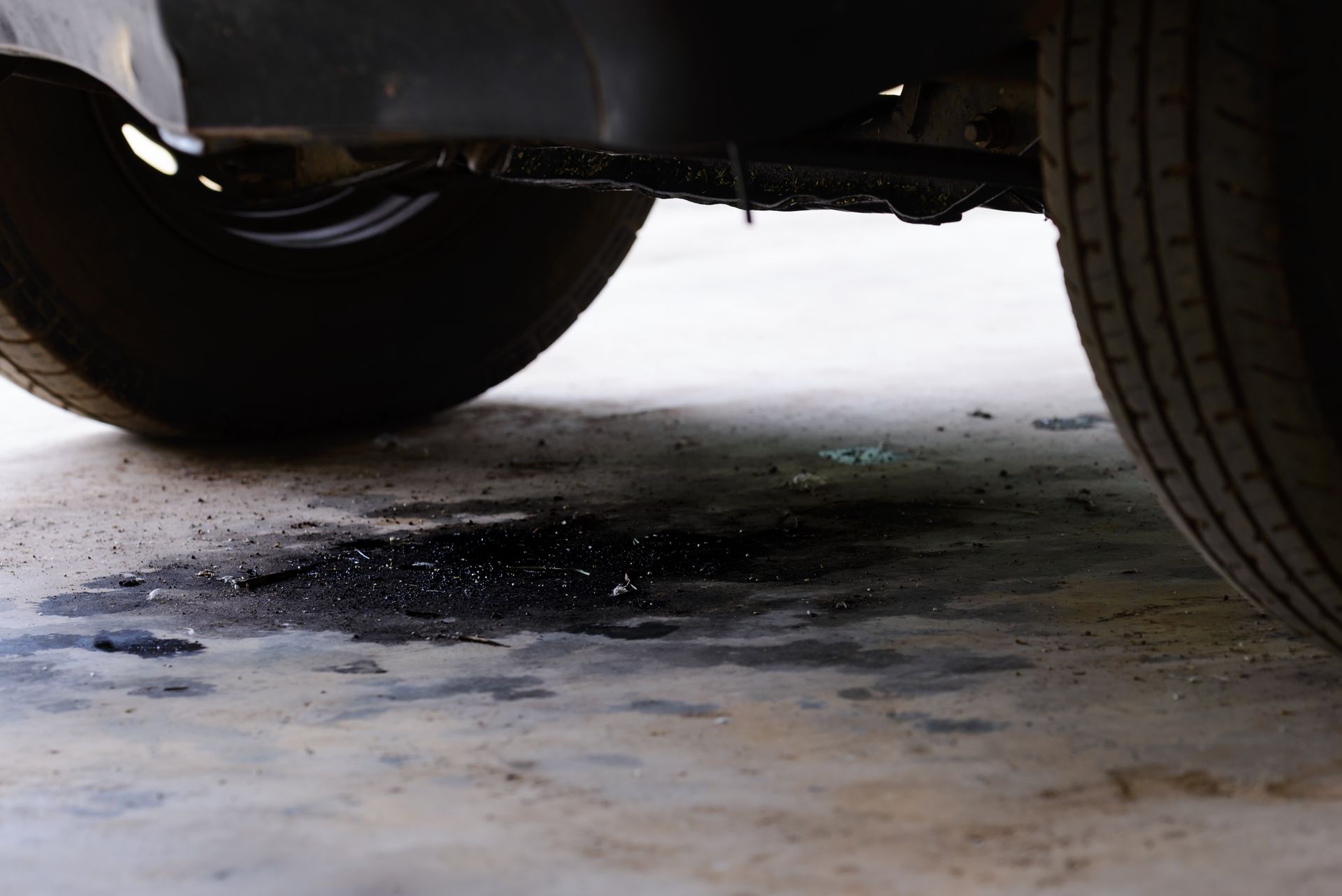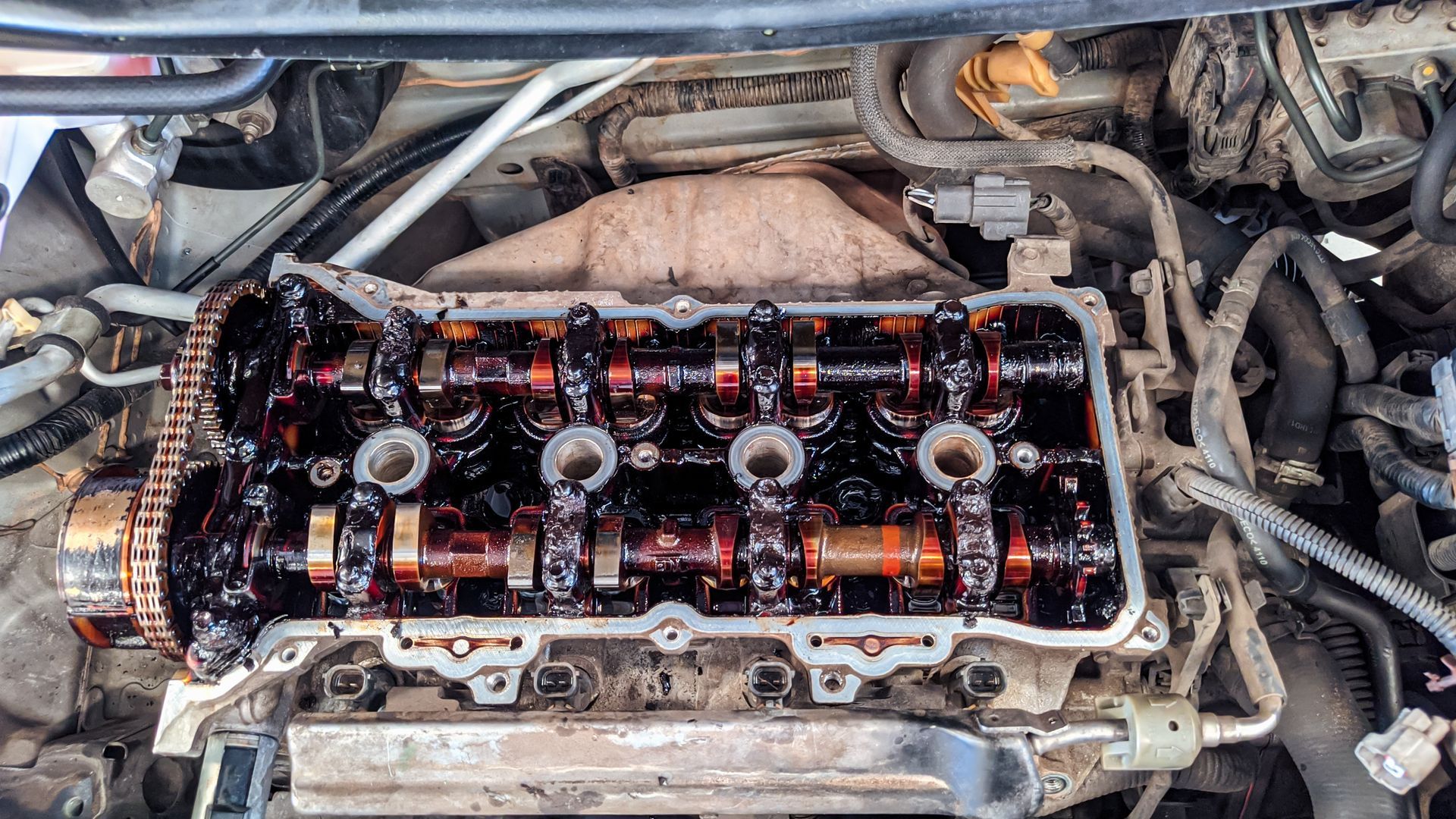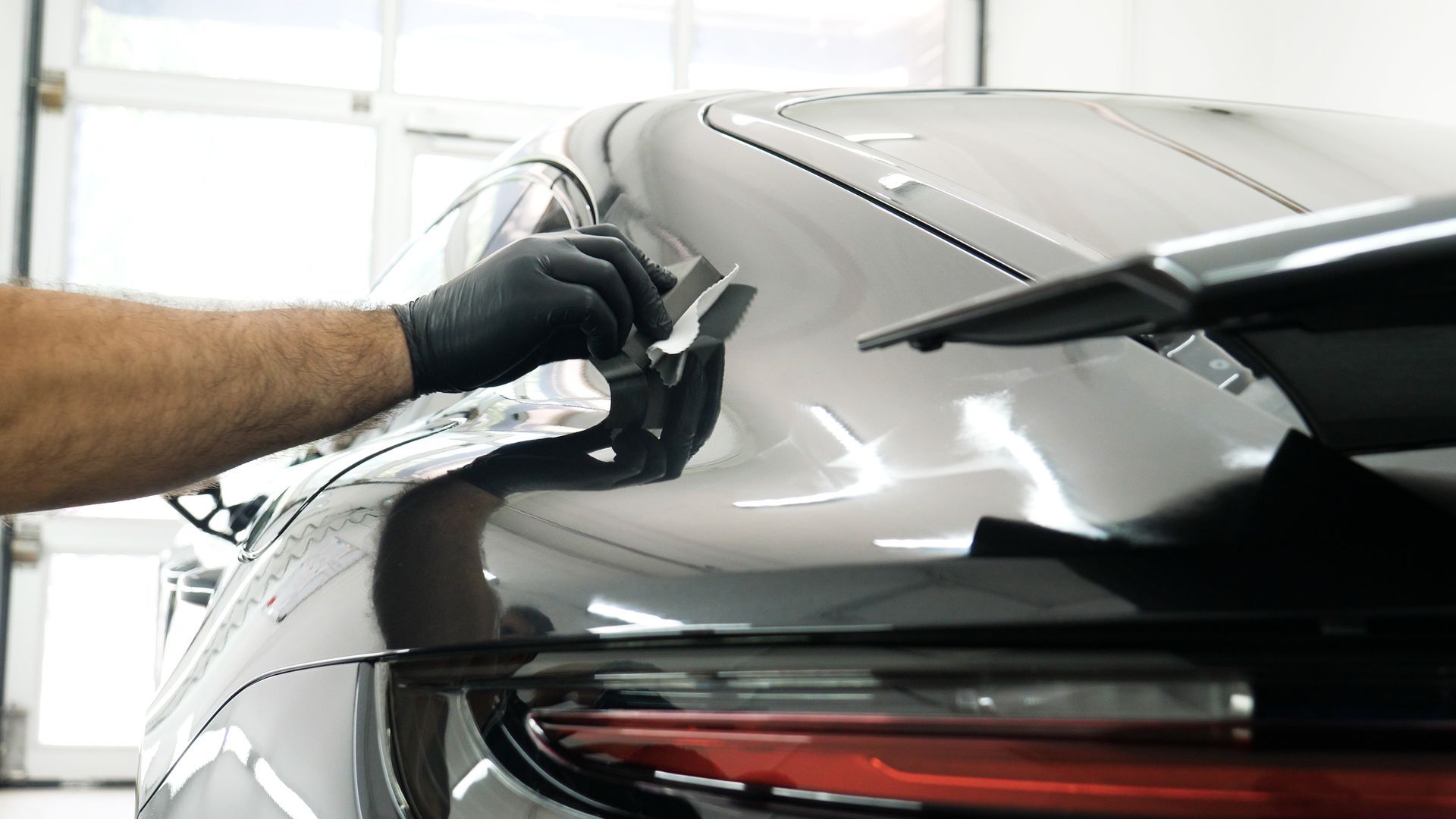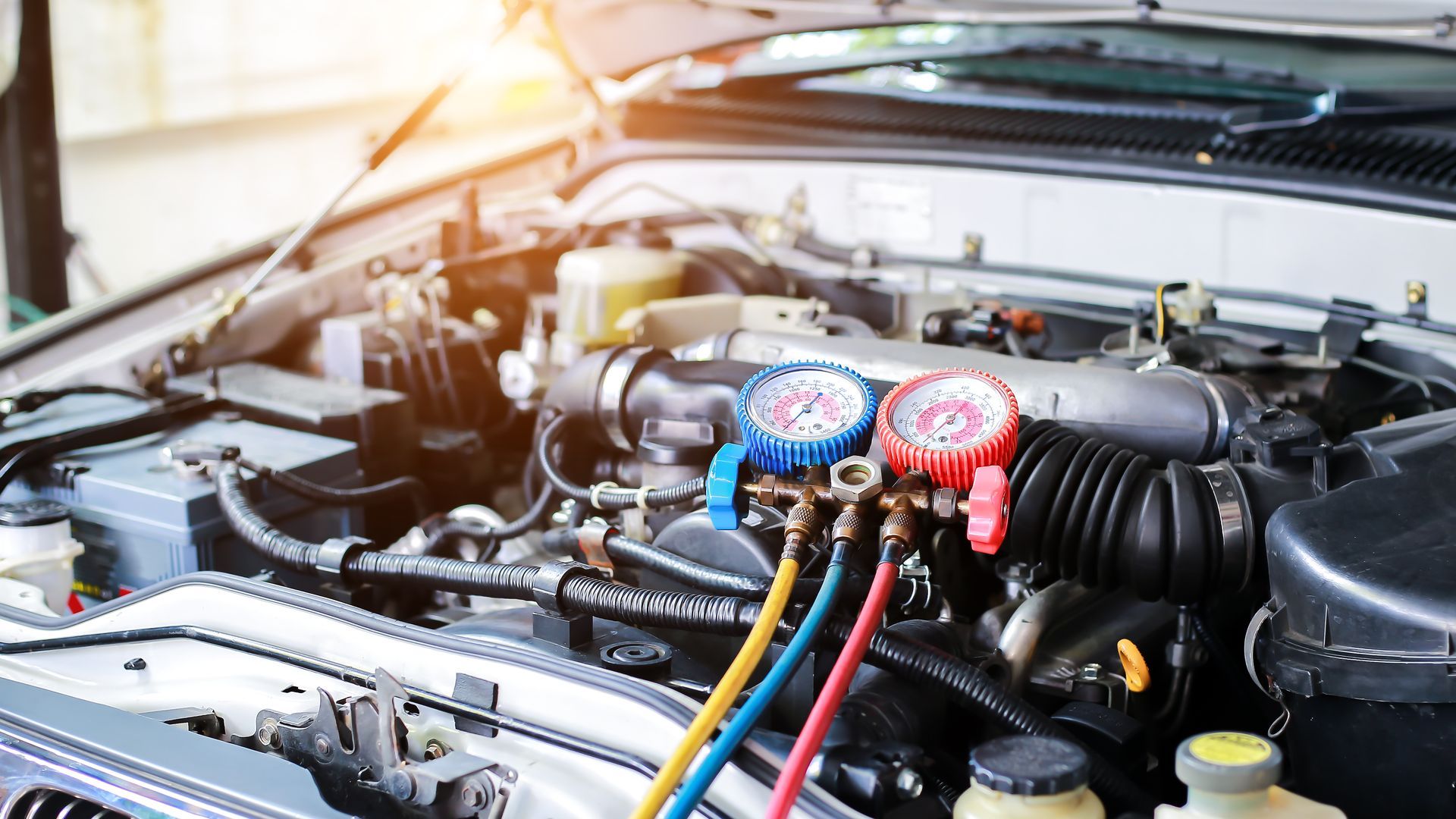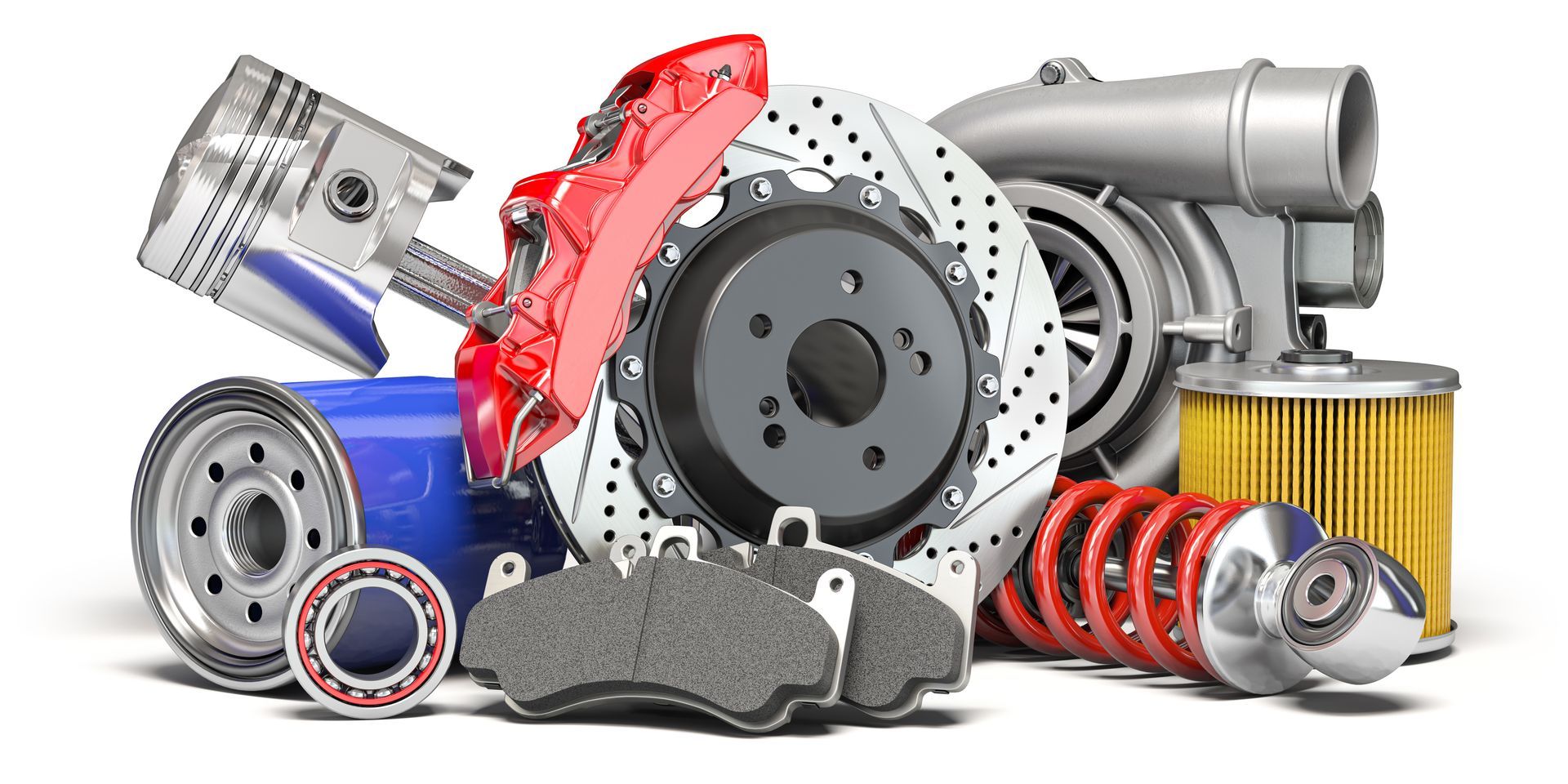Once your Mercedes-Benz crosses the 100,000-mile mark, it may still drive like a dream, but certain wear-related issues often begin to surface. This milestone is a turning point where regular maintenance becomes even more important, and minor problems, if left unresolved, can develop into expensive repairs. Here are the five most common issues Mercedes owners tend to face after reaching this mileage, and why staying proactive can help keep your car running smoothly.
1. Suspension Component Wear
Mercedes-Benz vehicles are known for a smooth and comfortable ride. Much of that comes from their sophisticated suspension systems. However, after 100,000 miles, parts like control arms, ball joints, bushings, and air suspension components (if equipped) are likely to show signs of fatigue.
You might notice a rougher ride, clunking sounds over bumps, or an uneven stance when the car is parked. Air suspension systems, in particular, are prone to leaks or compressor failure over time. Replacing worn components helps restore the luxury ride you expect.
2. Engine Oil Leaks
It is common for high-mileage Mercedes engines to develop minor oil leaks. Over time, rubber gaskets and seals lose their elasticity, allowing oil to seep out from areas such as the valve cover gaskets, oil filter housing, or oil pan.
If you see oil spots under your car or smell burning oil, have it checked promptly. While some leaks may be minor, ignoring them can lead to reduced oil levels, poor engine lubrication, and increased engine wear.
3. Timing Chain or Timing Component Issues
Unlike timing belts, timing chains are designed to last a long time. However, by the time a Mercedes reaches 100,000 miles, chain stretch, guide wear, or tensioner problems can arise, especially in certain V6 and V8 engines.
Common symptoms include rattling noises at startup, poor engine performance, or even a check engine light. If these components begin to fail, they can throw off engine timing and cause internal damage if not addressed in time.
4. Electronic System Glitches
Mercedes vehicles feature a wide range of electronic systems that improve safety, comfort, and performance. After many years of use, some sensors, control modules, and switches can become unreliable.
This may show up as intermittent warning lights, malfunctioning windows, faulty seat controls, or parking sensor errors. Diagnosing electrical problems often requires professional diagnostic tools, and timely repair prevents further system failures.
5. Transmission Fluid and Shifting Concerns
If the transmission fluid has not been changed regularly, it can degrade over time, leading to harder shifts, hesitation, or even slippage. While Mercedes transmissions are well-built, they still require proper care to perform reliably beyond 100,000 miles.
Signs of transmission wear may include a delay when shifting from park to drive, jerky gear changes, or unusual noises while driving. Addressing fluid changes and filter replacements as part of routine maintenance can extend transmission life.
Protect Your Investment With Adler Rennsport in Orlando, FL
Crossing the 100,000-mile mark in your Mercedes is a major achievement. To keep it performing at its best, trust the team at Adler Rennsport in Orlando, FL. Our technicians specialize in Mercedes-Benz service and can help you stay ahead of wear-related issues.
Whether it is suspension repairs, leak diagnostics, or timing chain inspections, we have the tools and experience to ensure your car continues to deliver the performance and comfort you expect.
Schedule your next service with
Adler Rennsport and drive with peace of mind.

